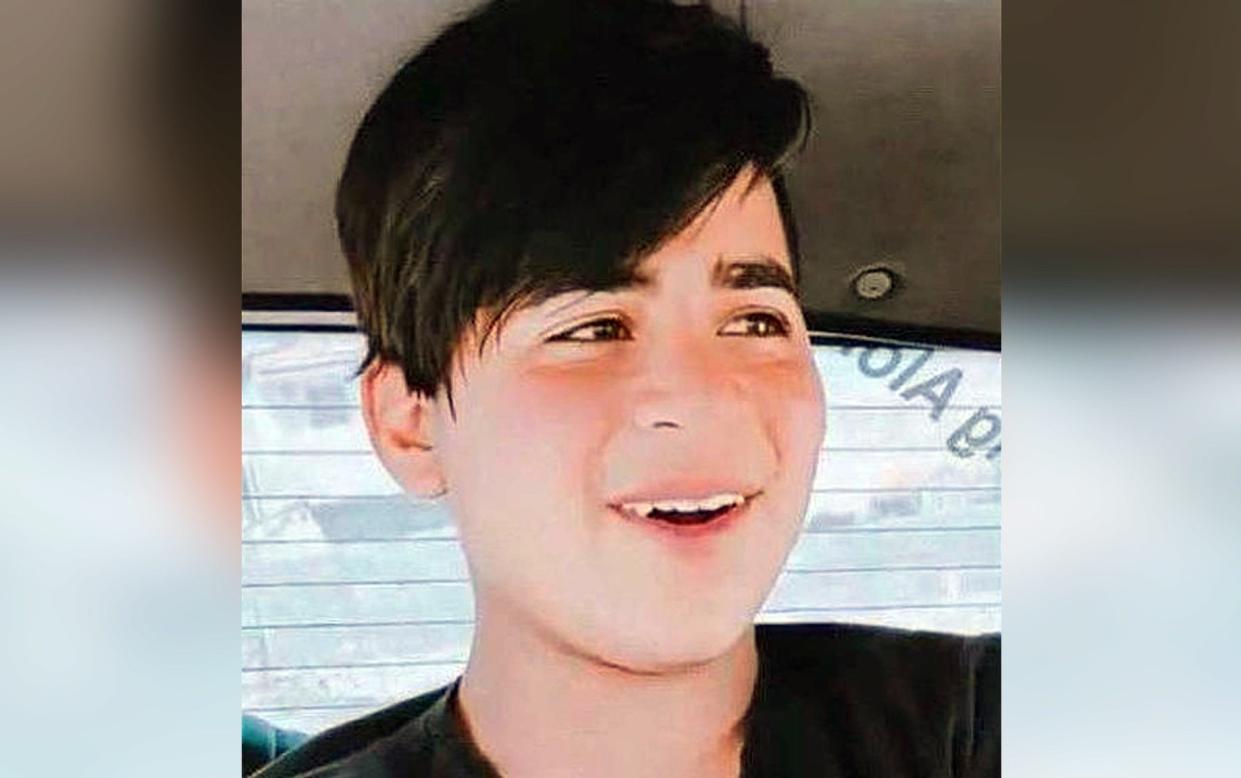Iran executes 17-year-old boy after ‘forced confession’

Iran executed a teenage boy after he was “forced” to confess to a murder charge, it has been claimed.
Hamidreza Azari, 17, was hanged in Sabzevar prison on Friday after being convicted of killing a man during a brawl, according to documents obtained by Iran Human Rights.
He had earlier given a “forced confession” aired on state media, which reported his age to be 18, the non-profit group, based in Norway, alleged.
Iran International, a Persian-language satellite TV channel, said Azari was the only child in his family and despite his age had been working for years as a scrap worker.
Both Iran Human Rights and Hengaw, a Kurdish-focused rights group, said he was 16 years old at the time of his alleged crime and 17 when executed.
‘We deplore the executions’
The UN Human Rights Office condemned the killing of Azari and 22-year-old Milad Zohrevand, executed on the same day.
“We deplore the executions,” said Liz Throssell, of the Human Rights Office. “We urge the Iranian government to immediately halt the application of the death penalty and establish a moratorium on its use.”
Iran is one of the few countries in the world that uses the death penalty for juvenile offenders under 18, even though such executions are prohibited by international law, and is the world’s second most-prolific in carrying out executions after China.
Minorities are “disproportionately sentenced to death”, according to the UN. More than 680 people have been executed in the country so far this year, Iran Human Rights said.
Trial ‘lacked due process’
Zohrevand was the eighth person known to have been executed in Iran over nationwide protests that broke out in September last year.
The demonstrations were sparked by the death in custody of Mahsa Amini, a 22-year-old Iranian Kurd, who was arrested by Iran’s morality police for allegedly flouting the country’s strict hijab rules.
The UN and human rights organisations said Zohrevand’s trial lacked due process under international human rights law. Zohrevand’s parents were also reportedly arrested after his execution.
The protests that erupted over Amini’s death posed one of the biggest challenges to Iran’s theocracy since the 1979 Islamic revolution, quickly escalating into calls for the overthrow of the country’s clerical rulers, accused by many young protesters of being corrupt, repressive and out of touch.
Thousands were arrested and hundreds wounded amid the demonstrations. Iran’s government blamed the protests on a foreign conspiracy, without providing evidence.


